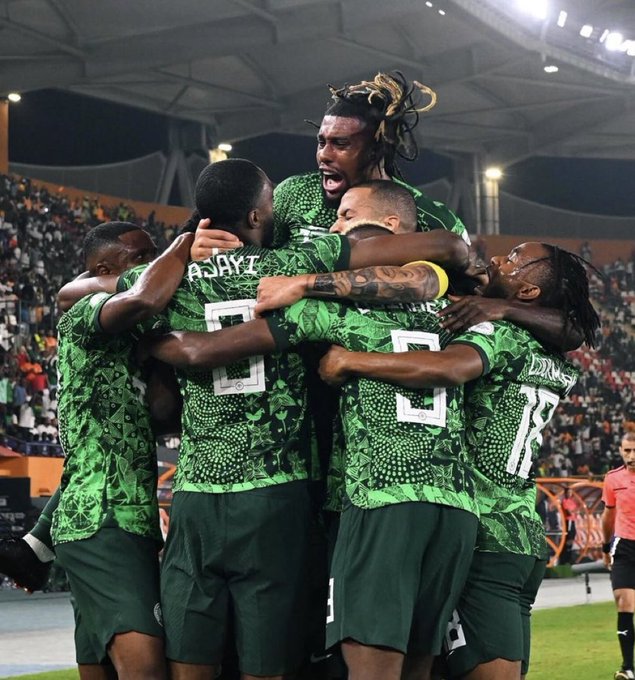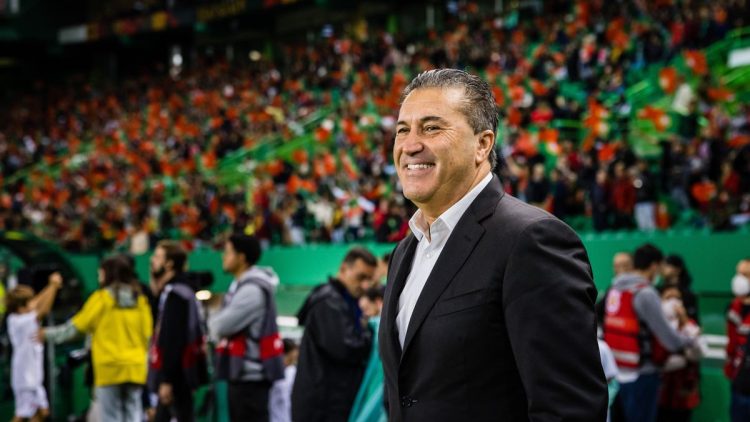The Nigerian national football team has been one of the most outstanding at the continental championship and could claim a fourth honour on Sunday
Super Eagles head coach Jose Peseiro has revealed the footballing model he adopted that has helped Nigeria reach the final of the 2023 Africa Cup of Nations, Soccernet.ng reports.
Nigeria struggled in the weeks leading to the commencement of the AFCON, with the Super Eagles registering disappointing results against Lesotho, Zimbabwe, and Guinea.
Peseiro even deployed a 4-3-3 formation in Nigeria’s first game at the competition – a 1-1 draw with Equatorial Guinea.
However, the former Real Madrid assistant coach changed the team’s set-up to a compact 3-4-3 ahead of their second group game against hosts Cote d’Ivoire.
The new structure made the Super Eagles look more organised and solid defensively without the ball while offering just enough threat in attack to beat the Elephants 1-0 in Abidjan.

Nigeria retained that shape from that moment on and recorded more victories against Guinea-Bissau, Cameroon, Angola, and South Africa to reach the AFCON final for the first time in eleven years.
Peseiro revealed that the Super Eagles’ secret lies in placing more emphasis on tactical work than physical work while perfecting their strategies to maximise the team’s adopted system.
“We don’t work on physical aspects, we work on tactics,” the former Porto boss explained.
“Football has changed; we train with the ball, we work on counterattacks, defence, transitions, and that’s the main thing.
“We want to control the game with the ball but also know how to play on the counter. In this competition, which is short, if you make a mistake, you’re dead, and that’s why for this tournament, we chose a compact structure, the 3-4-3 system.
And it has worked because we’ve only conceded two goals.”
Nigeria will face familiar foes Cote d’Ivoire in the final of the AFCON on Sunday.
The hosts turned around their terrible group-stage fortunes to reach the final following victories over defending champions Senegal, Mali, and DR Congo.





